By Nasrin Mani, M.D.
It turns out that the haggard appearance many new mothers see during the first months of a baby’s life are not just due to a lack of sleep. Although the stress put on a new mother during a baby’s seemingly sleepless months can take its toll, hormones may be as much if not more to blame.
Collagen gives our skin its youthful texture and tone. This protein is responsible for much of the volume and elasticity in skin. Without collagen, the skin begins to sag and wrinkle. Unfortunately, a couple of hormones that peak during late pregnancy can lead to a dramatic decrease in collagen levels.
The first culprit is glucocorticoids, which are stress hormones. These hormones play what seem to be diverse roles in placenta development, but in the mother can peak at about the time she is admitted to the hospital for labor. Glucocorticoids can diminish the body’s production of collagen in skin and joint tissues.
The second culprit is relaxin, whose primary purpose is to help the cervix and pelvis loosen in preparation for birth, but which affects joints throughout the body. It also unfortunately causes a reduction in skin collagen.
Even if you have a scheduled c-section for your baby, these hormones are present in your body, preparing it for a natural birth, resulting in a significant decline in collagen about six months after your baby is born.
Fortunately, fractional laser resurfacing can help stimulate your body’s production of collagen to help restore the former glow and tone of your skin.
To learn more about facial rejuvenation with laser resurfacing, please contact La Jolla Cosmetic Laser Clinic in San Diego for a consultation.
